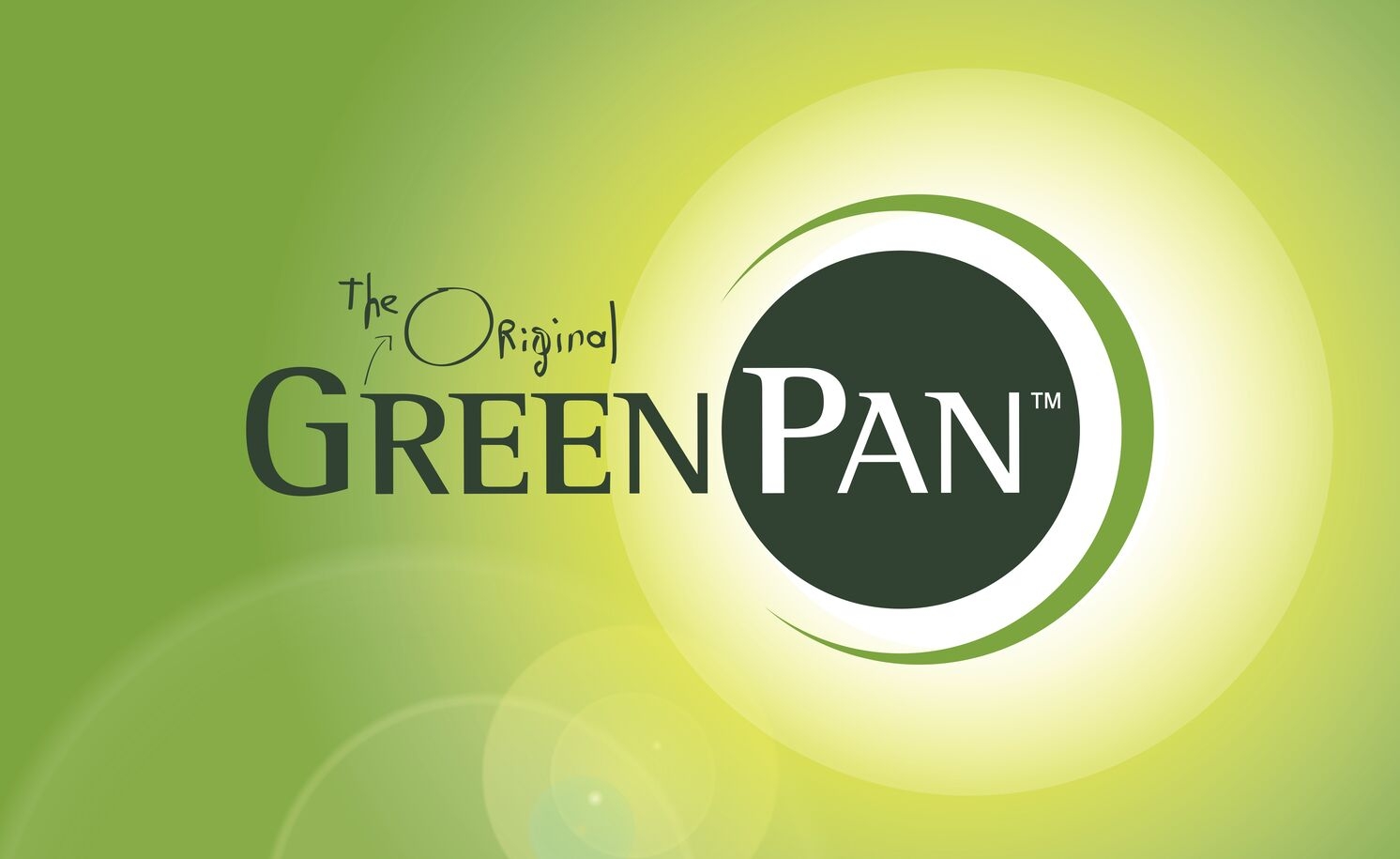Extreme nausea, an annoying side effect of anti-hormone therapy

"It is hard to imagine what will happen to you if you have never undergone chemotherapy or anti-hormone therapy. You also don't know in advance how your body will react to the treatments. It's something you find out as you go along, and it varies from person to person. For example, I experience side effects that other women don't and vice versa. Nausea is one of the side effects I suffer from all the time, but I never hear of other women suffering from it. In addition, not everyone receives the same treatments, so the side effects can also differ. I have a hormone-sensitive breast cancer so my treatments do not end with chemo sessions and surgery.
Because I was only 26 at the time of my diagnosis, after the chemotherapy, mastectomy and radiation treatments, I was also facing ten years of anti-hormone therapy. Although I already found the chemotherapy to be hellish, I feared the anti-hormone therapy the most. The chemotherapy would only take six months, which I thought was manageable. The anti-hormone therapy, on the other hand, would take ten years, which was almost a third of my life! I was afraid that after those ten years I wouldn't remember what my body was like before the treatments.
Ten years of nausea
Before my breast cancer treatments began, I chose to have my eggs frozen. Before that, I had to inject myself with hormones for three weeks, at the same time I was also taking medication to control my female hormones. I had few side effects from those hormone injections except that it made me feel nauseous. That feeling remained even during my chemotherapy treatments. Currently, I have been taking anti-hormone therapy for almost nine years, and you may have guessed it: that too makes me nauseous. So I have been struggling with nausea for almost ten years of my life.
Fortunately, I quickly learned to cope with the nausea each time, for example by paying attention to what and when I got nauseous. During chemotherapy, I gnawed away blocks of cheese because I could tolerate that. I also heard from a pregnant friend that ginger could help. Since then I have traded the blocks of cheese for pieces of ginger, which I nibble on or draw tea from.
Artificial transition
The nausea I experience from anti-hormone therapy is of a different caliber. For the first three months, I vomited my breakfast every morning. My oncologist then gave me stomach protectants, but because they didn't completely reduce the nausea, I stopped taking them. I was also given quarterly injections to bring my body into a state of artificial transition. Those injections were very hard on me, after which I switched to monthly injections. For the first four days after each injection, I could only eat crackers with cheese; I could not keep any other food down.
As the years passed, I became increasingly nauseous from those injections. Similarly, I suddenly reacted badly to the smell of certain perfumes or food. Sometimes I felt like I smelled food items right through my refrigerator, something almost impossible. I also developed other unexplained side effects such as sleep apnea. As a result, I often woke up as tired as when I went to sleep. After five years, my oncologist decided to stop those monthly injections that put me into an artificial transition. Fortunately, the sleep apnea also disappeared immediately.
The Final Leads
While taking the anti-hormone therapy, I gradually discovered that the best way to curb nausea was to eat a heavy and hearty breakfast. By trial and error, I taught myself to eat hot in the morning, because I used to just eat sandwiches or cereal. Also, I now eat something every four hours: when my stomach is empty, my bile rises to the surface.
Meanwhile, I still have one year and three months of anti-hormone therapy to go. You probably know the saying: the last mile weighs the hardest. This is also the case now. I can't wait until I can have breakfast again with a simple sandwich or cereal."
Continue reading

10 facts about breast cancer and hair loss

Interrupting hormone therapy for childbearing can


.png)












.png)
















